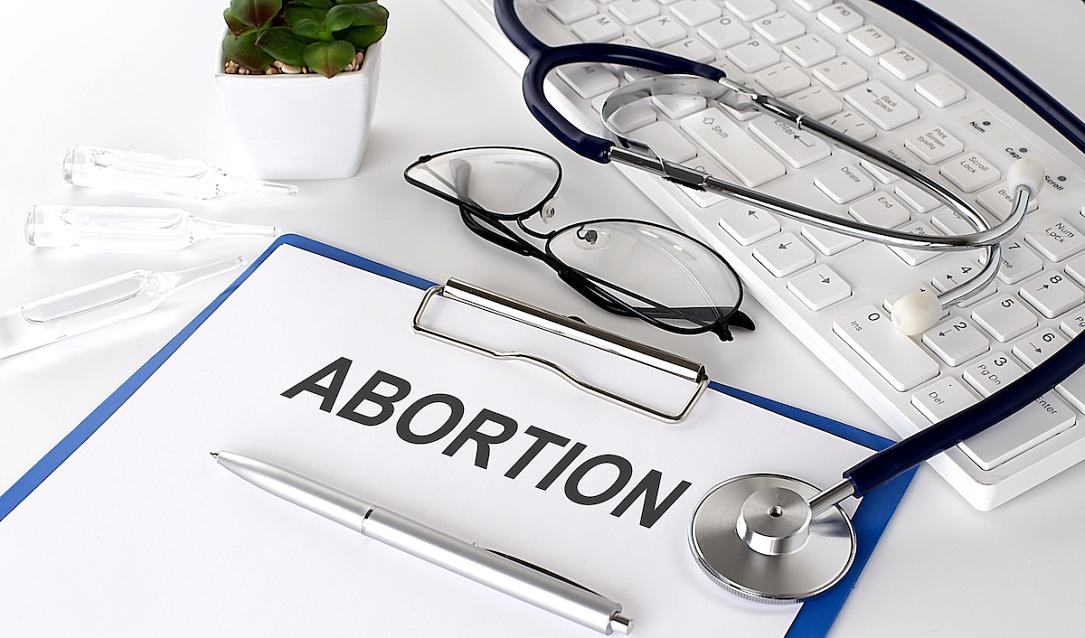Report: Over 80% of public medical facilities in Romania do not offer abortion services or cannot be contacted



Over 80% of public medical facilities do not offer abortion services or cannot be contacted, according to the Map of Access to Abortion in Romania put together by the Association of Independent Midwives.
According to the study, out of 176 public medical units listed with obstetrics-gynecology departments in Romania, only 7 units offer either medical or surgical abortion in accordance with medical guidelines, pharmaceutical leaflets, and national legislation, while out of 783 private medical facilities (clinics and hospitals), only 3 units provide both types of abortion services as per national law. No public unit offers both types of abortion.
The findings were presented during a roundtable on March 4, in partnership with the Center for Gender Equality Policies (CPES) at the Faculty of Political Science of the University of Bucharest, and the Gender Equality Plan. The event saw participation from representatives of the academic community, central public institutions, Romanian and international civil society organizations, patients, students, embassy representatives, human rights activists, and journalists.
In Romania, the legal maximum limit for surgical abortion is 14 weeks, while for medical abortion, the medical guidelines combined with pharmaceutical leaflets recommend a limit of 9 weeks.
According to the report, 111 out of 176 public units (63.06%) said they do not provide abortion, while 7 units (4%) declared they offer either medical abortion up to 9 weeks or surgical abortion up to 14 weeks. Meanwhile, 26 units (14.77%) provide abortion services up to limits lower than those recommended in medical guidelines, while the remaining ones did not answer the phone.
Nationally, 552 out of 959 public and private medical facilities (57.55%) said they do not perform abortions at all, while 66 units (6.88%) offer either medical abortion up to 9 weeks, surgical abortion up to 14 weeks, or both types. At the same time, 42 medical facilities (14.8%) provide abortion on request, but up to earlier pregnancy stages (5 - 7 weeks for medical abortion or 7 - 10 weeks for surgical abortion), while 52 medical facilities (5.42%) provide access to medical abortion up to 8 weeks of pregnancy or surgical abortion up to 13 weeks of pregnancy.
Even more worryingly, 90% of hospitals and clinics stated that they do not refer women requesting an abortion elsewhere, even though this obligation is expressly provided in the Medical Deontological Code, according to the report. Among those who declared they refer patients to other medical units, more than half provided information about referral pathways to clinics and hospitals where, in fact, this service is not available.
The financial barriers to receiving an abortion in Romania are also worth mentioning. The price of a medical abortion can reach up to RON 1,800, and that of a surgical abortion up to RON 4,800, with both elective and therapeutic abortions being paid medical services in both the public and private systems. The only procedures covered by the national health insurance system are ongoing abortions and care for imminent abortion.
The report shows that even in cases where a victim of sexual assault needs abortion services, they will be provided at a cost.
(Photo source: Iryna Drozd | Dreamstime.com)